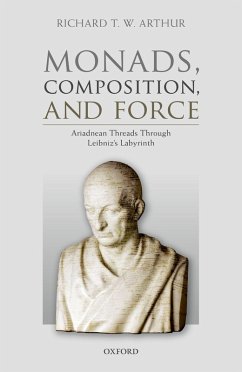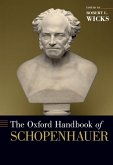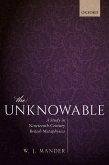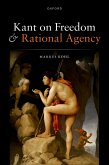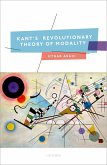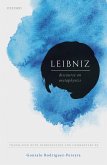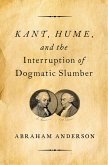Leibniz's monads have long been a source of fascination and puzzlement. If monads are merely immaterial, how can they alone constitute reality? In Monads, Composition and Force, Richard T. W. Arthur takes seriously Leibniz's claim of introducing monads to solve the problem of the composition of matter and motion. Going against a trend of idealistic interpretations of Leibniz's thought, Arthur argues that although monads are presupposed as the principles making actual each of the infinite parts of matter, bodies are not composed of them. He offers a fresh interpretation of Leibniz's theory of substance in which monads are enduring primitive forces, corporeal substances are embodied monads, and bodies are aggregates of monads, not mere appearances. In this reading the monads are constitutive unities, constituting an organic unity of function through time, and bodies are phenomenal in two senses; as ever-changing things they are Platonic phenomena and as pluralities, in being perceived together, they are also Democritean phenomena. Arthur argues for this reading by describing how Leibniz's thought is grounded in seventeenth century atomism and the metaphysics of the plurality of forms, showing how his attempt to make this foundation compatible with mechanism undergirds his insightful contributions to biological science and the dynamical foundations he provides for modern physics.
Dieser Download kann aus rechtlichen Gründen nur mit Rechnungsadresse in A, B, BG, CY, CZ, D, DK, EW, E, FIN, F, GR, HR, H, IRL, I, LT, L, LR, M, NL, PL, P, R, S, SLO, SK ausgeliefert werden.

